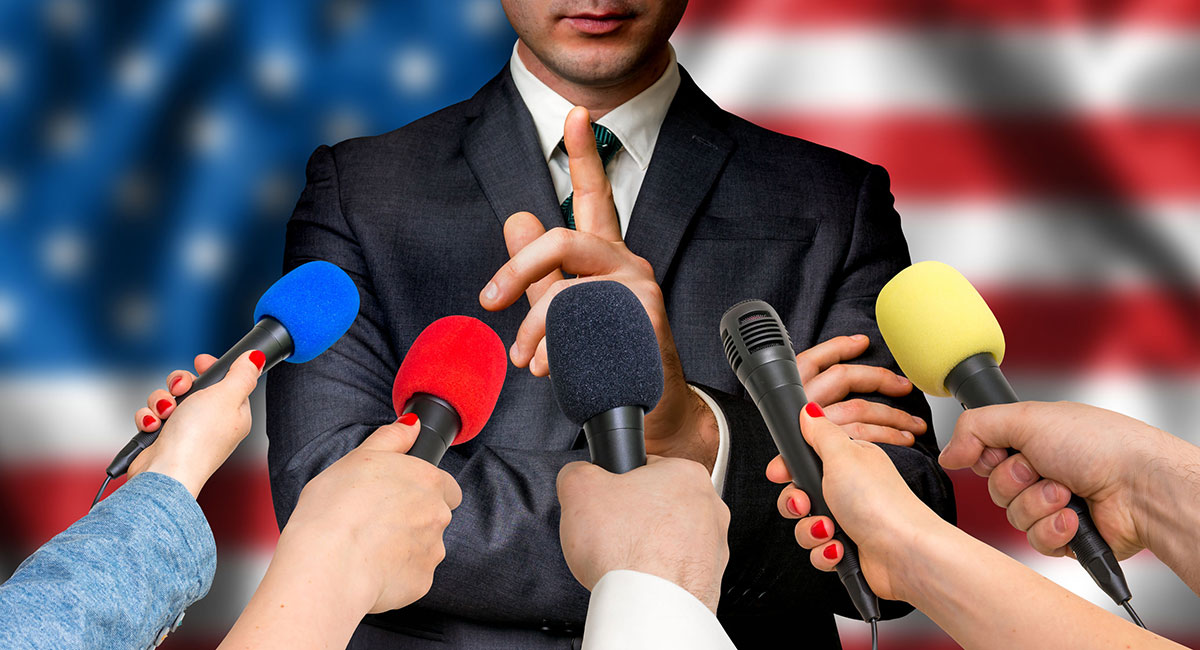I am fascinated by the opposing connotations some political words have in the United States, on the one hand, and Europe and Latin America, on the other.
One such word is “liberal”—which in the U.S. is associated with the left and big government, but in Europe and Latin America stands for individual liberty, property rights and small government.
Another is “populism”—which the increasingly visible presidential candidacy of Robert F. Kennedy Jr. has brought back to the forefront.
American populism champions the little guy against the corrupt “establishment” that rigs the system to make a mockery of equality before the law. In Europe and Latin America, it also has an anti-elitist connotation, but the word evokes primarily a disregard for liberal democracy and the rule of law in order to quickly achieve certain goals.
On the left (as the right sees it) it means destroying the economy through expropriation, taxation and redistribution. On the right (as the left sees it) it almost means fascism, i.e., authoritarianism based on a mystical idea of the nation and “traditional values,” as well as a draconian approach to law and order.
In Spain, the current government (an alliance of socialists, communists and regional parties fighting for Catalonia’s independence) is considered a left-wing epitome of populism, while Hungary’s Viktor Orbán is the consummate right-wing populist. In Latin America, Venezuela’s Nicolás Maduro is a perfect example of a dictatorial left-wing populist, while El Salvador’s Nayib Bukele or Brazil’s former president Jair Bolsonaro embodies right-wing populism.
In the U.S., “populism” is not always used to praise a leader or movement, but the word has a refreshing connotation. Many of the Founding Fathers are considered populists “avant la lettre,” or before the concept existed. A compilation of Thomas Jefferson’s writings edited by Martin Larson came out with the title “Jefferson: Magnificent Populist” in the 1980s.
In Europe and Latin America, Alexander Hamilton, who wanted to aggrandize the federal government, would have been considered a populist because of it, while James Madison and Thomas Jefferson, who opposed Hamilton’s centralizing, interventionist instincts, would have been considered the opposite.
In the latter part of the 19th century, with the emergence of the People’s Party, which stood for monetary expansion, government control of the railways and restrictions on land ownership, American populism did have a connotation more like Europe’s and Latin America’s today. Progressives, with their naive belief in the power of the federal government to cure social ills, would also be considered “populist” in the pejorative sense.
Yet the word continues to enjoy a benign aura in America. To make things more interesting, the growth of government in the last few decades has played into the hands of “good” and “bad” populism, with the erosion of the middle class and the enrichment of an elite that owes a lot more to mercantilism—the connection between political and business interests—than to the competitive marketplace and healthy capitalism.
We have been constantly told by Biden and previous administrations that employment has improved at a healthy pace, but the index of hours worked indicates that its rate of growth since 2000 is one-third the rate between the 1960s and the end of the century. As for real median household income, its annual rate of growth since the beginning of the century is barely 0.6 percent, while in the second half of the 20th century, it was three times greater.
By contrast, the net worth of the proverbial top 1 percent has more than quadrupled since 2000 in real terms—while the Fed has printed money like crazy, inflating the price of speculative assets held by rich folks. The federal government has run up so much debt that it is now paying almost $1 trillion a year in interest. In the process, it has stifled wealth creation—to the detriment of the middle class. Instead of addressing this, the Biden administration wants to dish out another $106 billion that it simply does not have to various foreign actors.
That’s the perfect scenario for populism, both of the right kind (anti-elitism in the name of individual rights) and the wrong kind (big-government protectionism and economic nationalism in the name of the little guy). No wonder populism is making itself felt in the run-up to November 2024.













